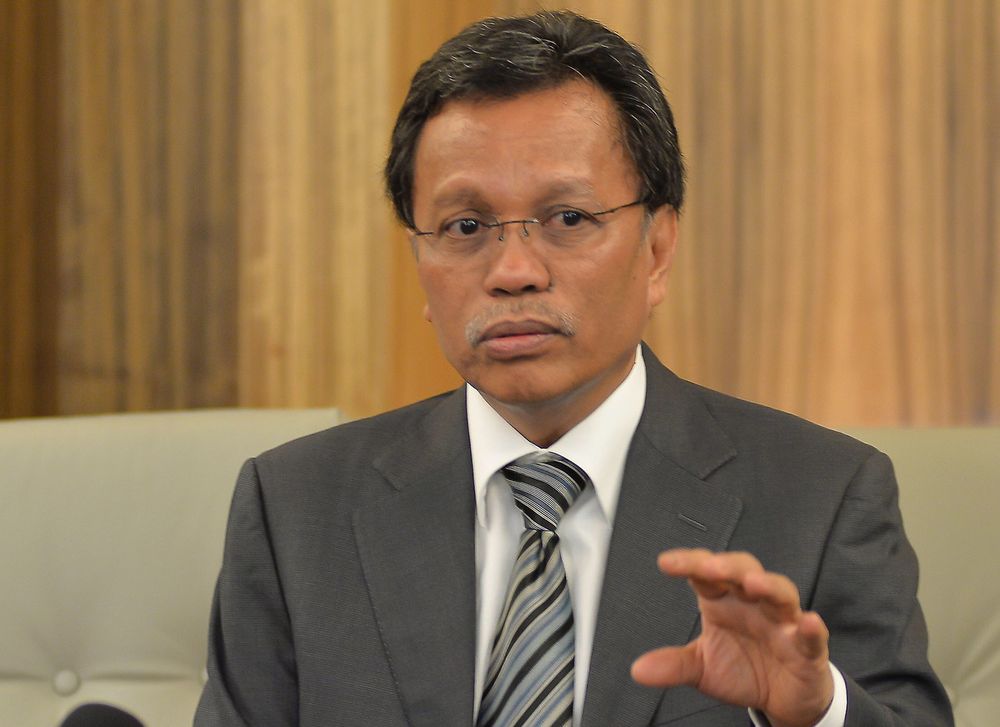KOTA KINABALU, Aug 16 ― Sabah Chief Minister Datuk Seri Shafie Apdal has welcomed the Putrajaya’s move to solve statelessness within the country, saying Sabah will make sure the exercise does not open the door for another contentious “Project IC” to happen.
Shafie said that the move to grant citizenship to deserving individuals who fulfilled a country’s immigration requirements was a good move but also said that the details needed to be clear to ensure it encompasses the complexities of Sabah’s multi generational and ethnic communities.
“We will make sure that ‘Project IC’ will not happen. This is one of the issues have spelt it out in our manifesto is to curb these sort of things,” he said after attending a Merdeka month celebration at Sutera Harbour Resort here.
“Project IC” refers to what is believed to be a systematic operation in which illegal immigrants were given national identity cards, securing them citizenship so that they could vote in elections.
A Royal Commission of Inquiry in 2014 concluded that a probability that “Project IC” did exist at all material times.
Shafie said the government hoped that with the latest announcement from Prime Minister Tun Dr Mahathir Mohamad to grant citizenship to red MyKad holders about 60 years and relax rules for those under 60, it would finally be able to solve its long standing issues on the state’s complex migrant issues.
“There is a lot of complexities in Sabah and we hope we can thrash out the details to resolve it,” he said.
Sabah’s long history with migrants from Southern Philippines has resulted in many issues from multigenerational communities not having been documented to permanent residents with various documents, in addition to its own problems of documenting natives living in remote areas.
Shafie said that in rural Sabah and Sarawak, many locals still did not have birth certificates or documents despite their eligibility.
“We don't want them to be chased away from their own country. It is their birth right. At the end of the day we should grant what is due to them,” he said.
He noted that while the issues of ICs and nationality was under the purview of the federal government's National Registration Department, the state has the authority to grant permanent residency to those eligible.
He also said that the practice of granting permanent residency was a worldwide practice adopted by developed nations like the United State and United Kingdom for their own benefit.
“In many parts of the world, permanent residency was granted to certain groups of people have lived there for many years and fulfilled their requirements. It is a worldwide practice.
“In Sabah its affects the livelihood of our stateless young people too. A United Nations representative recently visited and highlighted their concern and how this can be addresses. So we have to welcome this but look into the details of best to implement it,” he said.



















